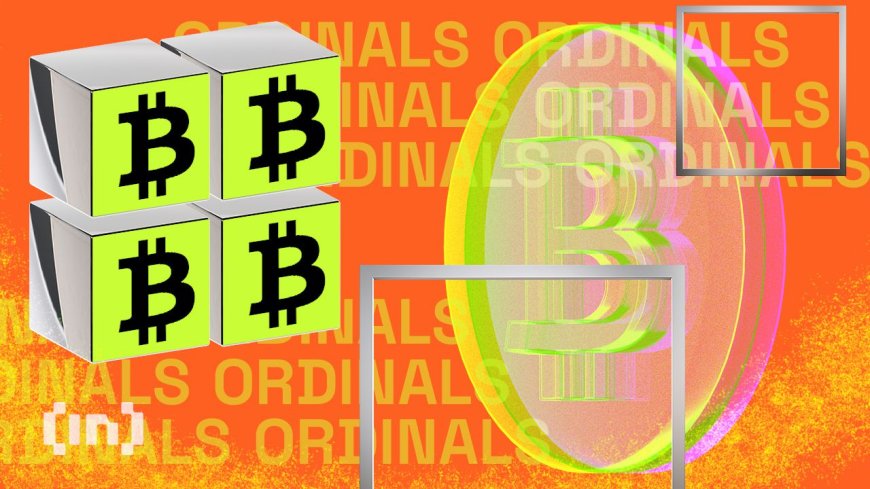New Protocol Aims to Cut Bitcoin NFT Costs by 90%
The Bitcoin BRC-69 standard by the Luminex launchpad claims to be the revolutionary standard for creating recursive Ordinals. Can it reduce the cost of Bitcoin non-fungible tokens (NFTs) by 90%?

The Bitcoin BRC-69 standard by the Luminex launchpad claims to be the revolutionary standard for creating recursive Ordinals. Can it reduce the cost of Bitcoin non-fungible tokens (NFTs) by 90%?
This year the Bitcoin Ordinals took the market by storm. In the simplest terms, it enables NFTs on the Bitcoin blockchain by inscribing data on the smallest unit of Bitcoin, i.e., Satoshis. But there were certain challenges of scalability and transaction fees on Bitcoin NFTs.
BRC-69, a New Standard For Recursive Ordinals
On Monday, the Bitcoin Ordinals launchpad, Luminex, introduced a new standard, BRC-69, that would allow the creation of recursive Ordinals. The recursive Ordinals enable the utilization of the existing on-chain data on the Bitcoin network for new inscriptions.
While inscriptions cannot communicate with the data on other sats, recursive inscriptions can request the content of other inscriptions and leverage it to render new NFTs. This feature would allow Bitcoin to overcome its 4 megabytes (MB) block size constraint.
A Twitter user, Leonidas, explained:
“Rather than inscribing 10,000 JPEG files for a PFP collection individually which would be quite expensive, you could inscribe the 200 traits from the collection and then make 10,000 more inscriptions that each use a small amount of code to request traits and programmatically render the image. The result is the same. The art is just stored on-chain in a much more efficient way which could have saved over a million dollars in transaction fees.”
Bitcoin NFT Cost Reduced by 90%?
Talking about BRC-69, the project claims that it could reduce the cost of inscriptions for Ordinal collections by over 90% through a four-step process:
- Inscribe traits
- Deploy collection
- Compile collection
- Mint assets
Luminex explained:
“The brilliance of BRC69 lies in its simplicity. Minters only need to inscribe a single line of text instead of a full image. This text allows the final image to be automatically rendered on all ordinals-frontends,using solely on-chain resources, thanks to recursive inscriptions.”
Moreover, the BRC-69 standard would also offer features such as on-chain pre-reveal for NFT collections.
Bitcoin Ordinals quickly rose to popularity this year. On May 30, Bitcoin Ordinal inscriptions hit a 10 million milestone.
But the users also realized some challenges with launching NFTs on Bitcoin as the average transaction fees shot up to over $19. The Bitcoin network was also congested with the BRC-20 meme coin craze.
If the claims of the BRC-69 are proven true, it can indeed solve the pain point of Bitcoin Ordinal enthusiasts.
However, as it is a fresh proposal, the claims are not tried and tested yet. Even Bitcoin Ordinals, in general, is a relatively new idea yet to prove itself against the test of time.







